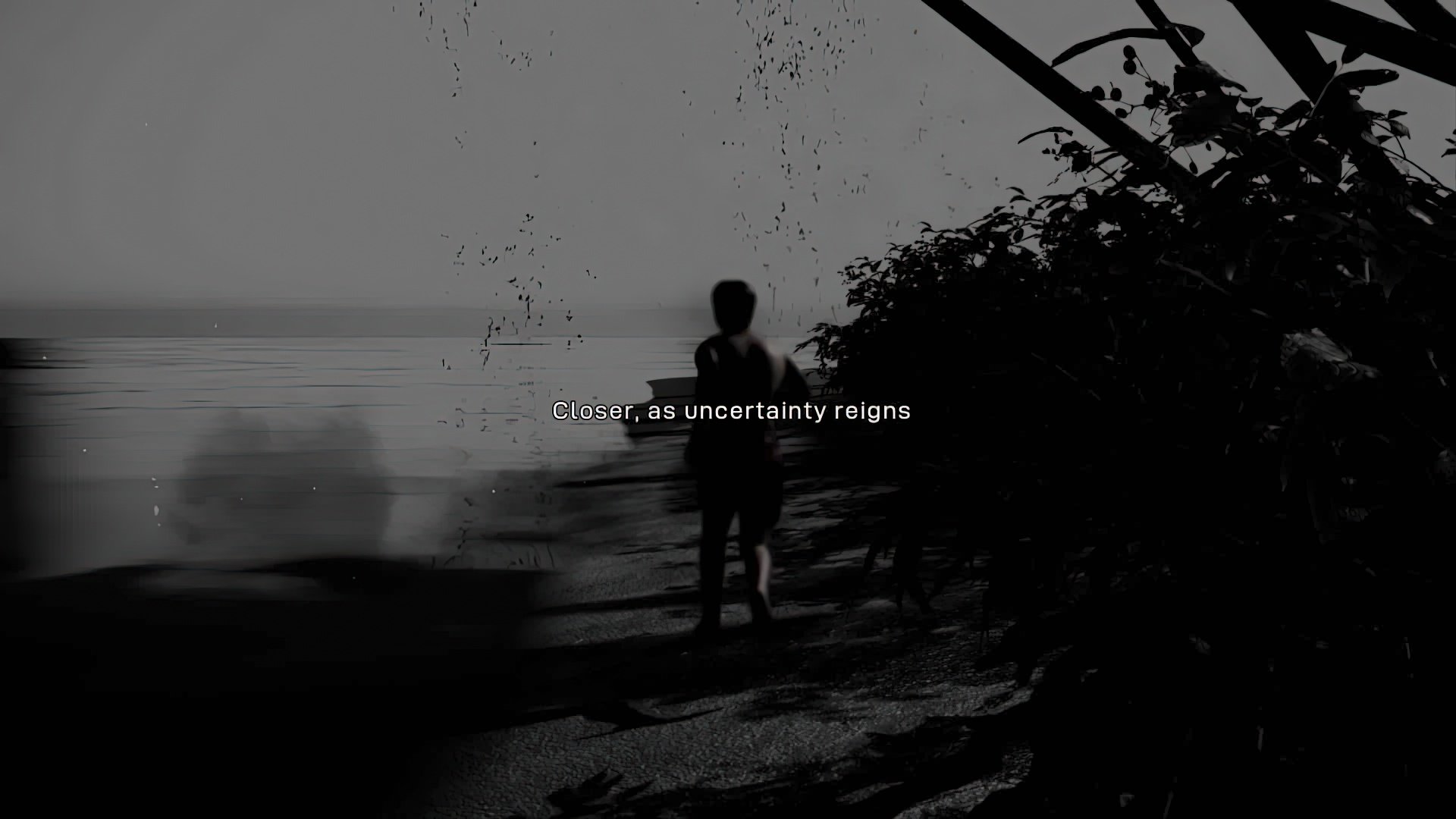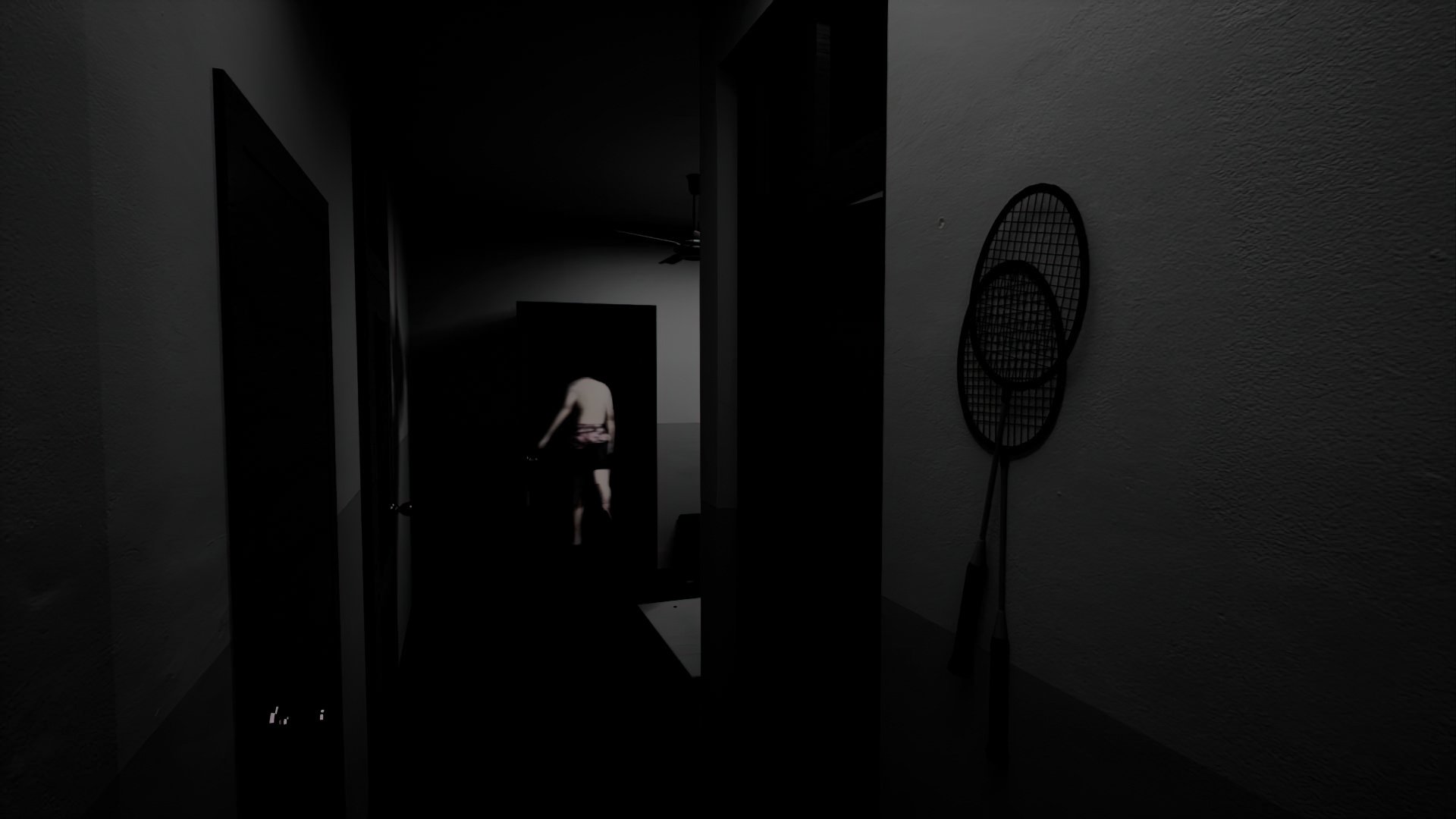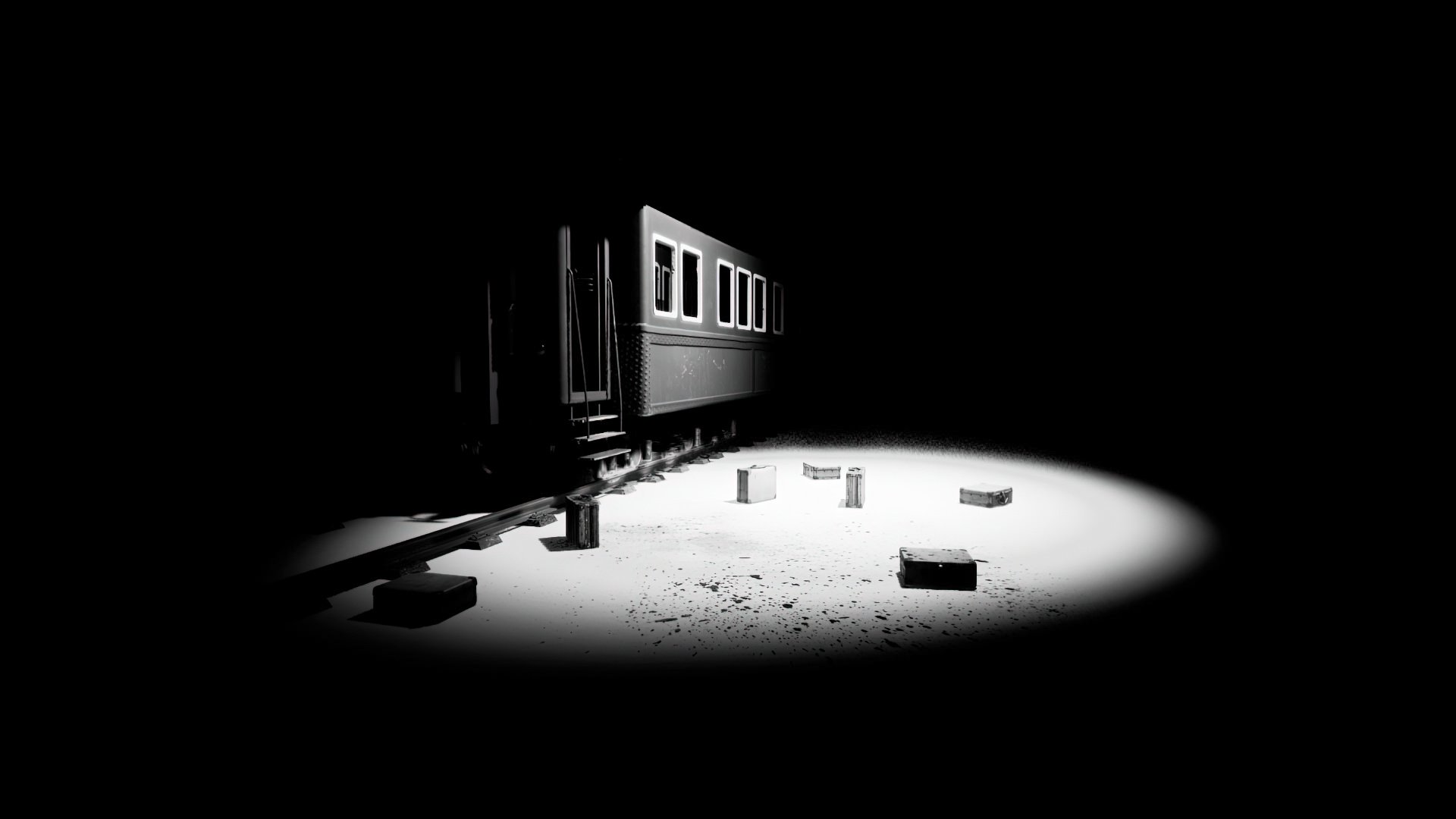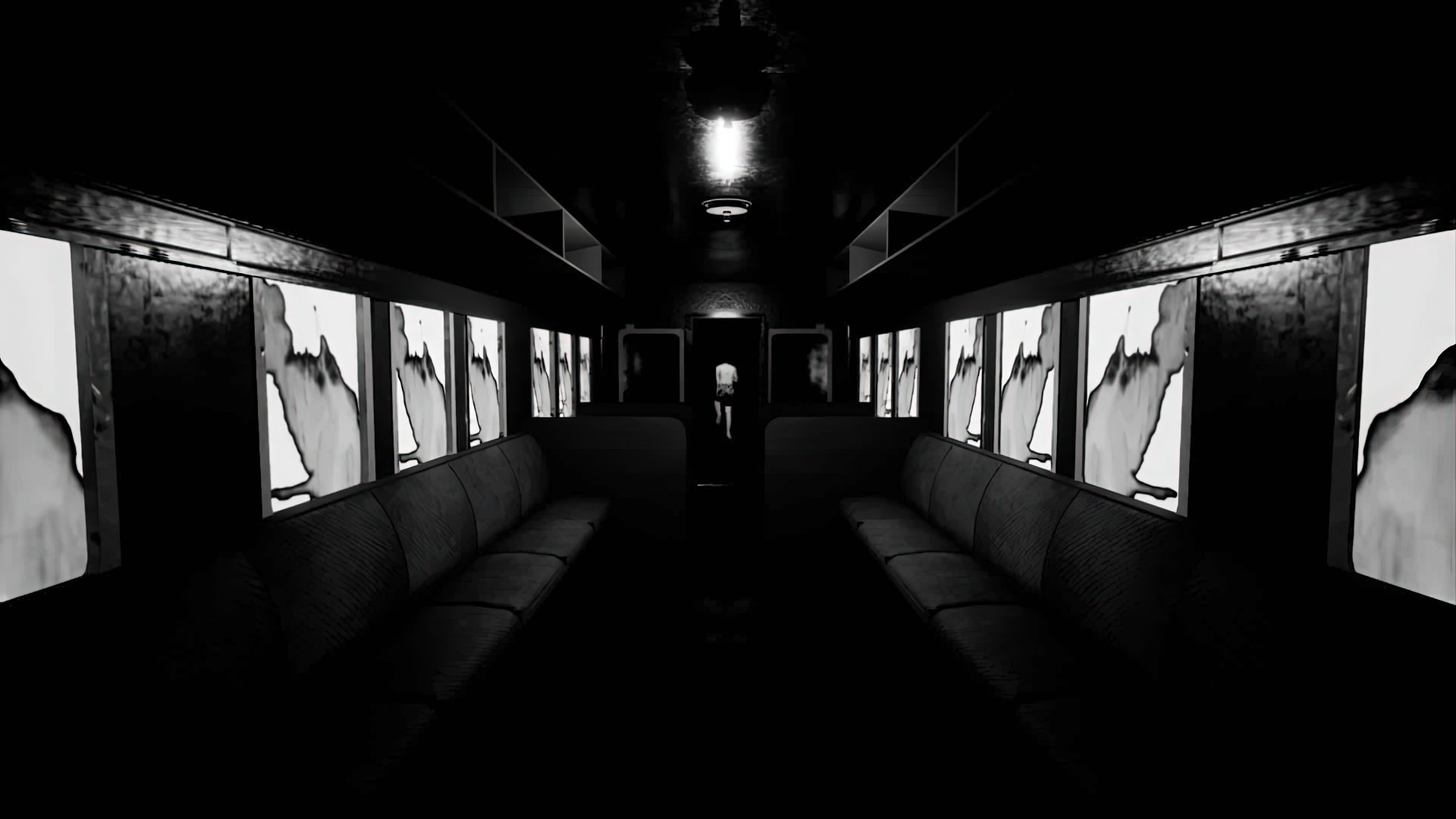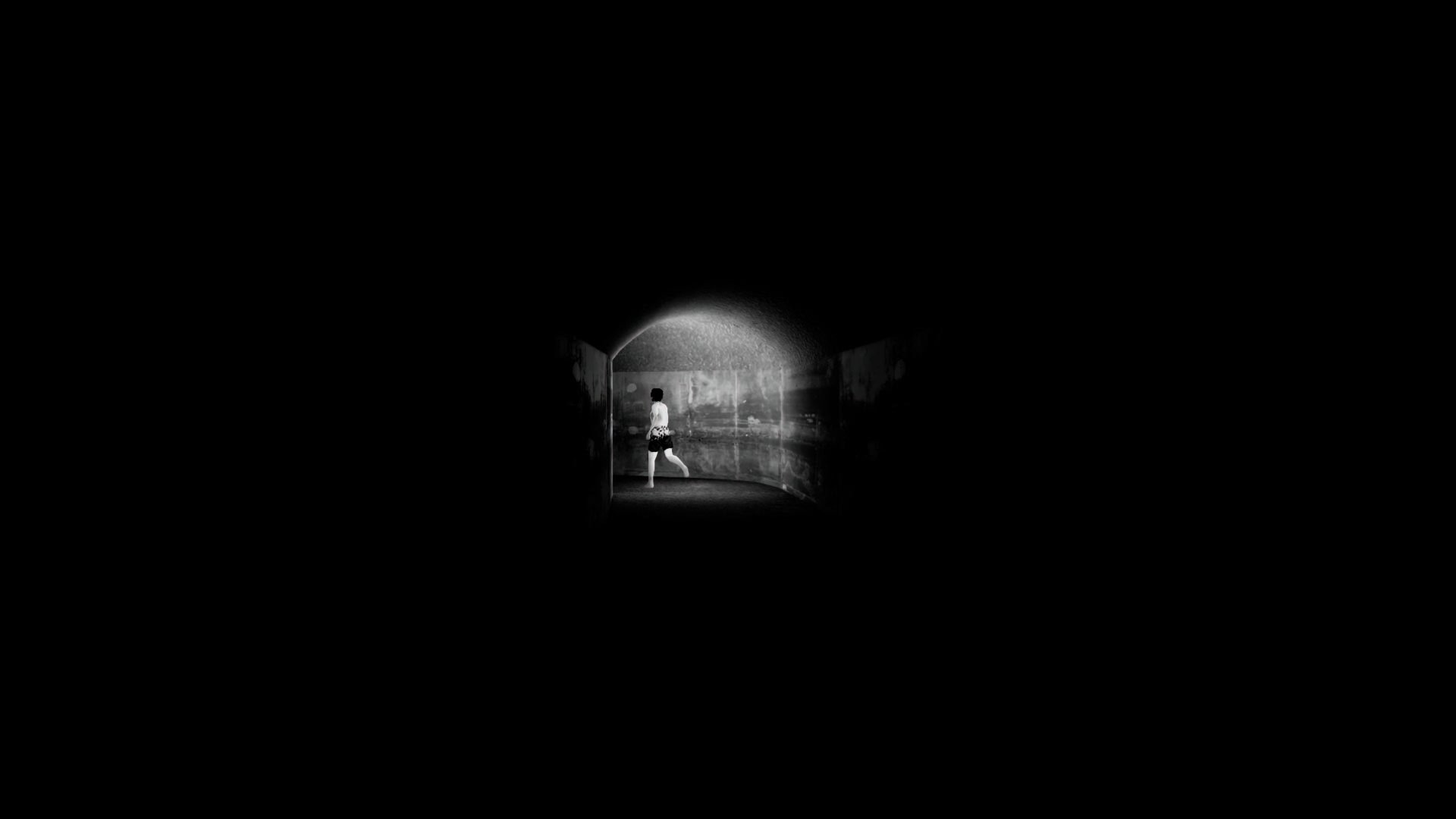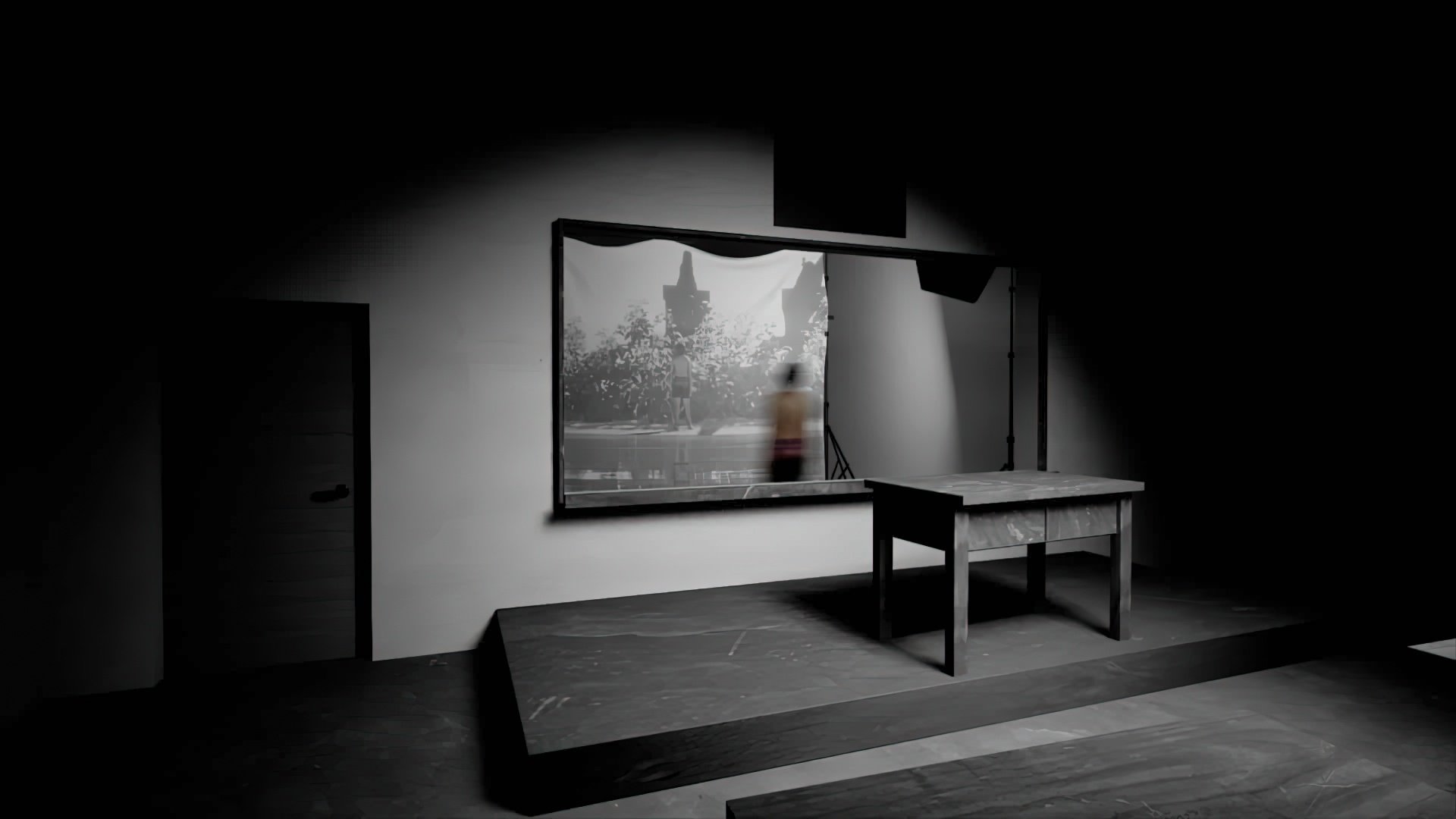PATREON-EXCLUSIVE CONTENT
〰️
PATREON-EXCLUSIVE CONTENT 〰️
The Milan Machinima Festival is proud to present Rhett Tsa/Yuxiao Cai’s, How Deep Is the Dark Water?, an immersive exploration of the complexities of war within the medium of experimental video games.
Born in Ningde, China in 1995, Rhett Tsai (Yuxiao Cai) is a new media artist and experimental game developer, hailing from Hangzhou, China. His work explores the intersection of art and technology, cyberculture based on China, smart cities, and hypertext, all within the unique context of China's Internet ecosystem and media society. Drawing on his multidisciplinary background in experimental game, virtual reality, computer animation, and sound, his work offers a critical reflection on the contemporary media landscape. The artist’s current focus is on video games as a means to evoke the diaspora, wandering, and nostalgia experienced by individuals living under multiple historical narratives.
Matteo Bittanti discussed How Deep Is the Dark Water?, with Rhett Tsai/Yuxiao Cai. Below is an excerpt:
Matteo Bittanti: By utilizing a first-person perspective in your work, you create a sense of immediacy that aligns with Bolter and Grusin’s theories of remediation. However, the repeated use of zooming disrupts any semblance of realism, resulting in a hypermediated effect. Can you speak more about your use of these different forms of mediation, and how they relate to the themes and ideas you are exploring?
Rhett Tsai (Yuxiao Cai): The first-person perspective means that the viewer or player is a character in the work: he is chasing a fleeing man. But who is the viewer, really? A soldier who is trying to kill everyone? The brother of the fleeing man? A war correspondent? The soul of the fleeing man himself? Or an outsider trying to do something in multidimensional time and space? It’s open-ended. I actually had an answer for myself, but I knew it wasn’t the only answer, so I chose to erase the identity of the viewer’s character and leave it up to everyone to guess.
Matteo Bittanti: Your work makes striking use of black and white imagery, which brings to mind not only the aesthetic traditions of art photography and experimental cinema, but also the idea of memory, as this visual convention is often used in film to evoke a temporal dimension that precedes the present moment. Can you elaborate on the reasons behind your choice to work in black and white, and how you incorporate subtle hints of color into this monochromatic palette?
Rhett Tsai (Yuxiao Cai): I wanted to create a distorted sense of historical perspective. Many of the imagery in the work (such as bomb shelters) are no longer visually impressive to the inhabitants of some areas of the world today, however, if they are black and white then this will evoke a sense of resonance. As for those subtle hints of color that appear in the monochromatic palette, for one thing, it is an aesthetic consideration: to make the visual avoid monotony, and for another, it can be interpreted in multiple dimensions in terms of meaning: things from a different time and space, key clues in the scene, and objects to be viewed in anticipation of becoming close-ups, which is an attempt to get the players to actively perform the act of cinematic close-ups.
Matteo Bittanti
Work cited
Rhett Tsai (Yuxiao Cai)
machinima/digital video, color, sound, 16’ 26”, China
This is a Patreon exclusive article. To access the full content consider joining our Patreon community.

